- Empty cart.
- Continue Shopping
Silicone Massage Ball
- Skin-friendly, comfortable and washable, stable fit to the skin surface
- Ergonomic curved design
- High-quality silicone material, all-round massage
Comparison of EVA, PVC, and Silicone Massage Balls
When selecting a massage ball, the material plays a crucial role in its effectiveness, durability, and comfort. Here’s a comprehensive comparison of EVA (Ethylene-Vinyl Acetate), PVC (Polyvinyl Chloride), and Silicone massage balls:
EVA (Ethylene-Vinyl Acetate)
Characteristics:
- Firmness: Medium firmness, providing a balance between firmness and comfort.
- Durability: Highly durable and resistant to wear and tear.
- Surface: Can be smooth or textured; lightweight.
- Weight: Very lightweight, making it easy to carry and use.
Advantages:
- Versatile: Suitable for various uses, including myofascial release and general muscle relaxation.
- Comfortable and Safe: Softer than PVC, reducing the risk of bruising.
- Portable: Lightweight and easy to carry.
Disadvantages:
- Less Firm: May not provide as much deep tissue pressure as firmer materials like PVC.
- Compression: Can compress and lose shape over time with extensive use.
PVC (Polyvinyl Chloride)
Characteristics:
- Firmness: Very firm and rigid, providing intense pressure.
- Durability: Extremely durable and resistant to wear and tear.
- Surface: Typically smooth but can also be textured for enhanced grip.
Advantages:
- Durable: Long-lasting and maintains shape well over time.
- Easy to Clean: Non-porous surface makes it easy to wipe down and sanitize.
- Effective for Deep Tissue: Provides firm pressure ideal for deep tissue massage and trigger point therapy.
Disadvantages:
- Hard Surface: This can be too hard for beginners or sensitive areas.
- Less Comfortable: The rigid nature might be uncomfortable for prolonged use.
Silicone
Characteristics:
- Firmness: Soft to medium firmness, more flexible than both PVC and TPR.
- Durability: Highly durable, resistant to extreme temperatures, and does not degrade easily.
- Surface: Can be smooth or textured; non-slip properties are common.
- Hypoallergenic: Safe for people with allergies and sensitive skin.
Advantages:
- Comfortable: Soft yet supportive, making it ideal for beginners and sensitive areas.
- Easy to Clean: Non-porous and hygienic, easy to sanitize.
- Versatile: Suitable for various types of massages and muscle relief.
Disadvantages:
- Cost: Generally more expensive than PVC and TPR.
- Less Firm: This may not provide as much deep tissue pressure as firmer materials like PVC.


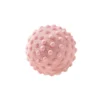
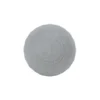
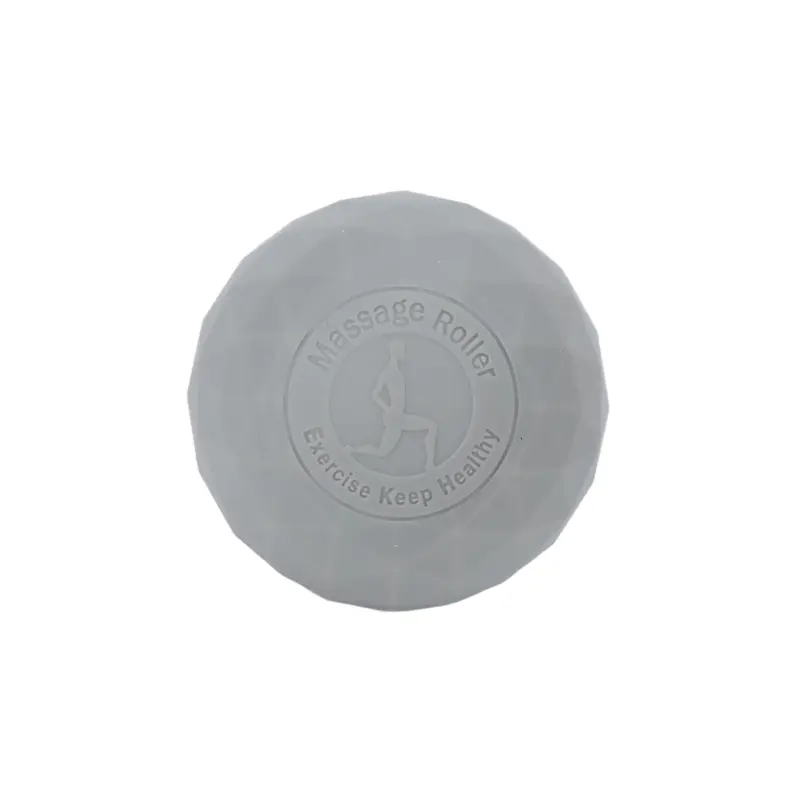
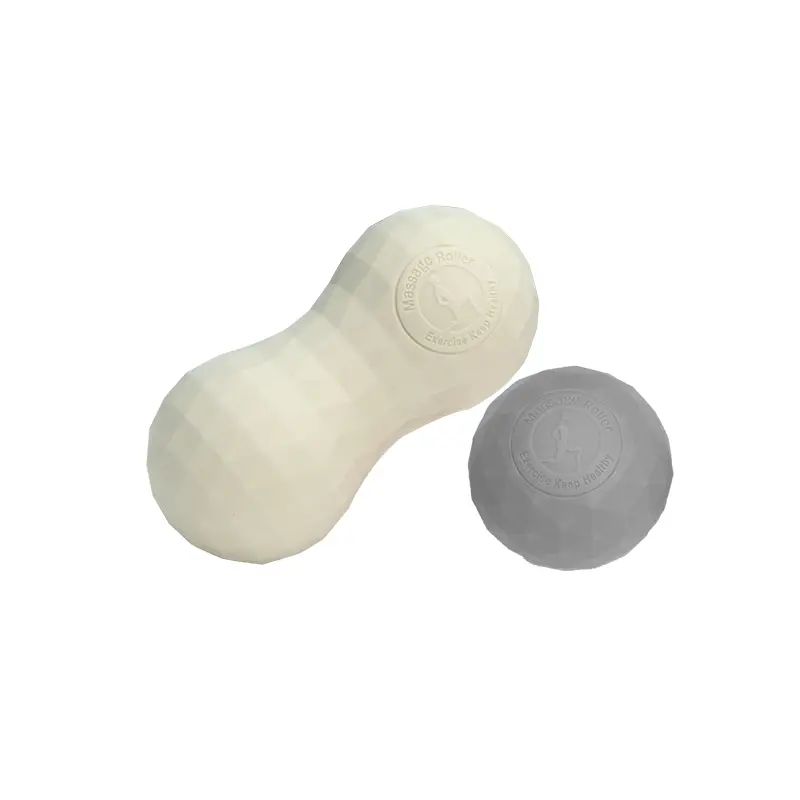
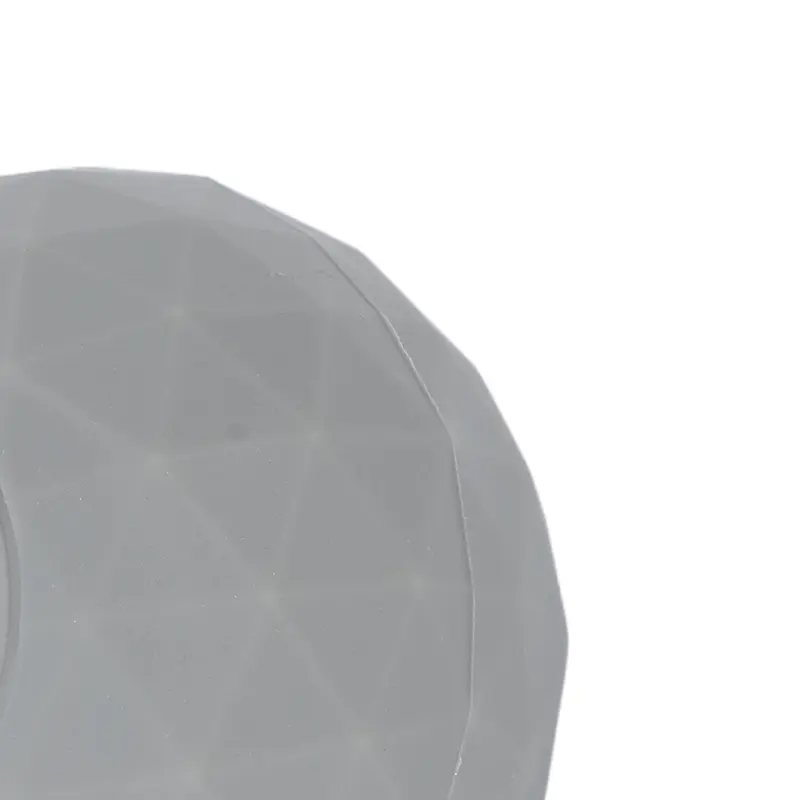



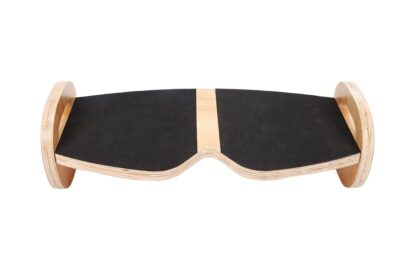
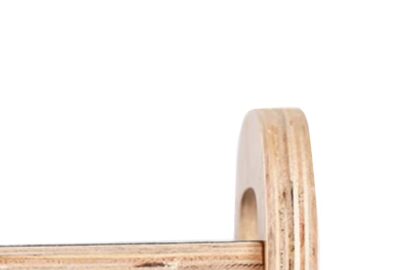
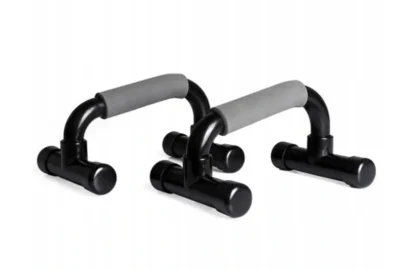
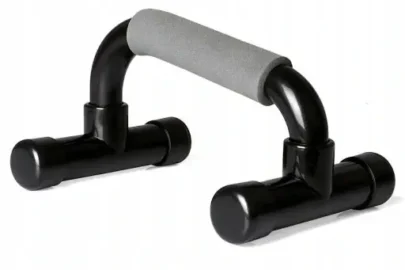
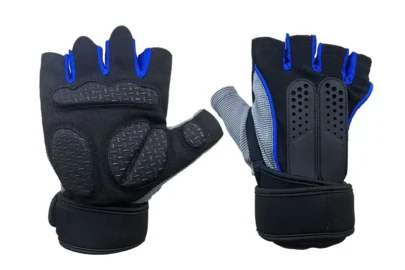
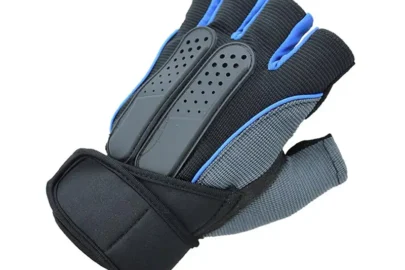
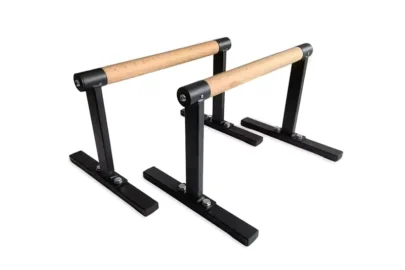
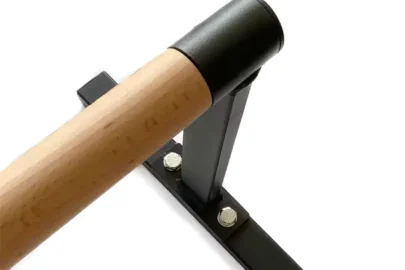




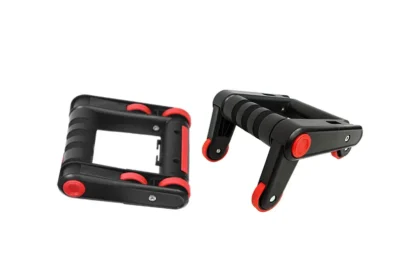
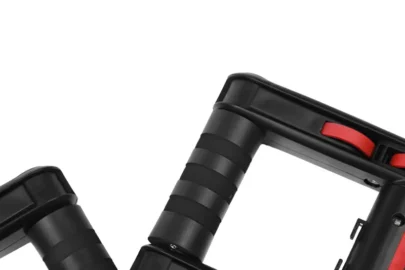
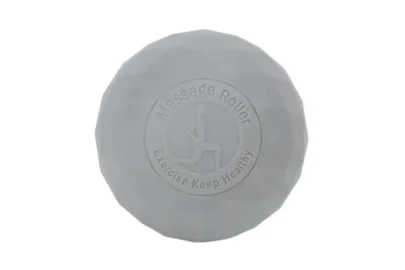
Reviews
There are no reviews yet.